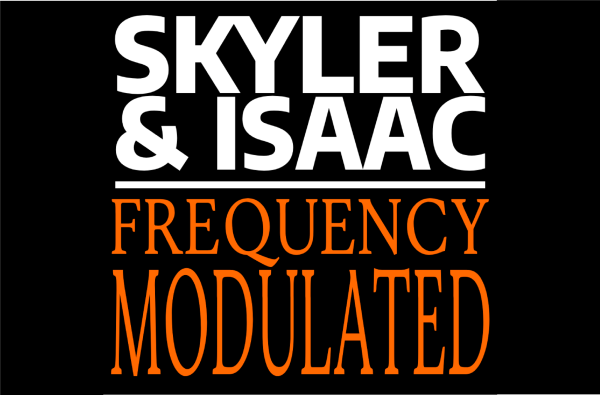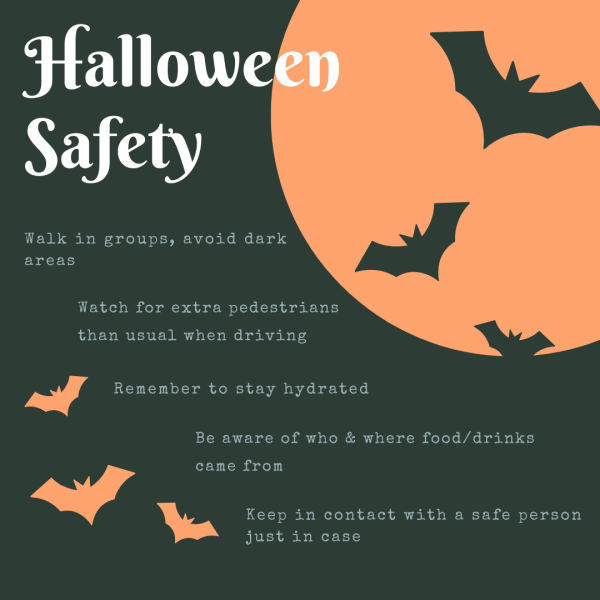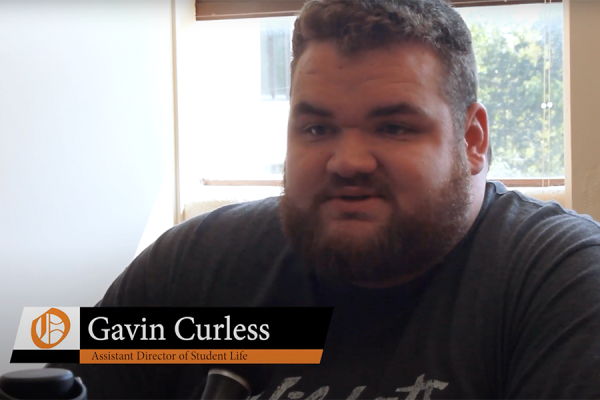Students unappreciative of liberal arts education
When I first transferred to Baker, after being asked my name, the second question I was always asked was if I played a sport. Unfortunately due to my awkward lankiness, I was a newfound Wildcat based purely on my academics. Apparently, it was preposterous that I would transfer to BU without any sort of athletic scholarship.
But at Kansas State University, I was sick of being a number. I wanted to learn and try new things, and a liberal arts school was perfect for that.
But I feel like I’m one of only a handful of students who appreciates what BU has to offer.
Baker University, as an institution, as a tool for learning, as a place to develop into a well-rounded adult, is undervalued and unappreciated.
Liberal arts colleges, as a whole, provide students with a different learning experience than that of larger universities. It values student-teacher relationships, puts emphasis on learning new things and gives students broad opportunities that would otherwise be closed off to them.
Some students may hate the newly developed Quest program, but it aims at the heart of the liberal arts’ mission—to teach students about a variety of subjects to prepare them for the real world.
Michael Roth, president of Wesleyan University, writes about the liberal arts objective in a blog post titled “What’s a Liberal Arts Education Good For?”
“Post secondary education should help students to discover what they love to do, to get better at it, and to develop the ability to continue learning so that they become agents of change—not victims of it,” Roth wrote.
According to Forbes magazine, 60 percent of college graduates can’t find a job in their field, and that number is only growing. Roth argues that liberal arts colleges, and Baker’s beloved Quest program, hope to prepare students for many career options, rather than just one finite path.
By learning things that would not be taught in their rigid discipline at a larger university, liberal arts students can hold conversations about things from Plato’s Republic to human anatomy with ease.
Liberal arts students are able to think freely and do their own research to form their own opinions. They are free to try their hand at new things with no doors closed to them, and they can be found disproportionately in leadership positions in the economy, politics and culture.
I urge my fellow Wildcats to think about the education they are receiving and all the opportunities they are given while in Baldwin City. There are some downsides to a small campus, see BuzzFeed’s “20 Ways You Know You Go To a Small Liberal Arts College,” but the edification and opportunities provided via Baker are more than enough to make up for it.






